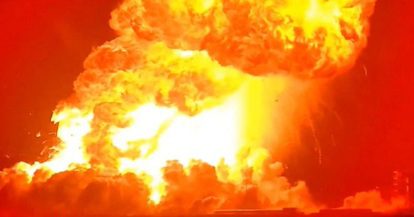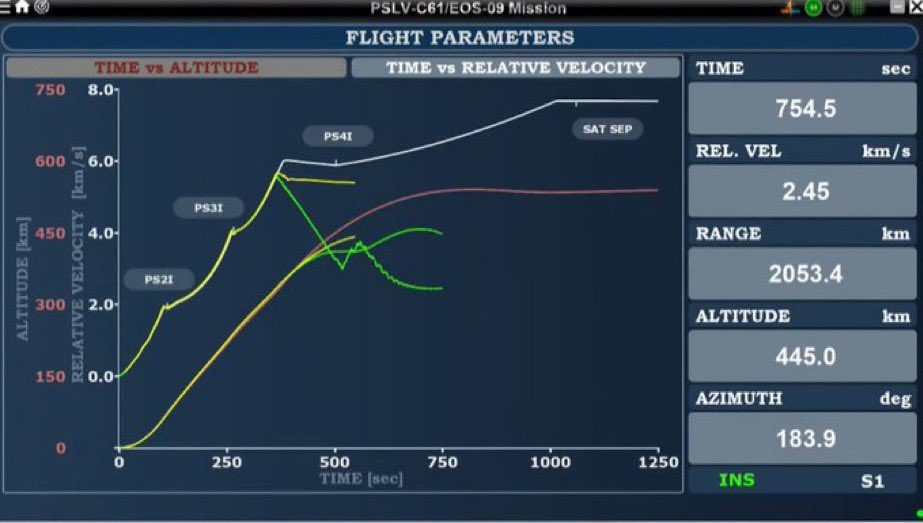NASA is returning the commercial crew development programme(CCDev) to its original contracting mechanism, the Space Act Agreement (SAA),after indicating otherwise for several months.
In a 15 December announcement, NASA deputy administratorWilliam Gerstenmaier announced the agency would continue to use SAAs instead offederal acquisition regulations (FARs) it hadplanned to use.
The FAR vs. SAA battle has been ongoing for some time, andreceived no small amount of press, but for what might be considered a minor issueit actually has an outsize impact.
FAR is the standard way the government purchases goods andservices. They allow NASA to describe exactly what it wants, when it wants it andhow the thing should be built. Penalties can be imposed if the contracted firmcan’t deliver the goods on time.
SAAs, on the other hand, are much more flexible. Under a funded SAA – severalunfunded ones have been signed – NASA can’t dictate standards or process, justaward money when certain actions are deemed completed by both NASA and thecontractor. For CCDev, NASA decided to award money based on a checkpointsystem: the contractor gets NASA money for completing certain tasks, finishingwind tunnel testing, for example, or completing a component review.
The companies, of course, much prefer SAAs to FAR. It makesthings less expensive, as they don’t necessarily have to built to NASA’sstandards, allows greater leeway for payments, and generally makes governmentinteractions easier.
Gerstenmaier said that NASA decided to return to SAAs due tobudget concerns. CCDev was awarded just over $400 million in the latest budget,well under the $850 million that President Obama requested. Further cuts arepossible as the government struggles with mounting financial difficulties, anever-increasing deficit resulting in increasing budget pressure.







